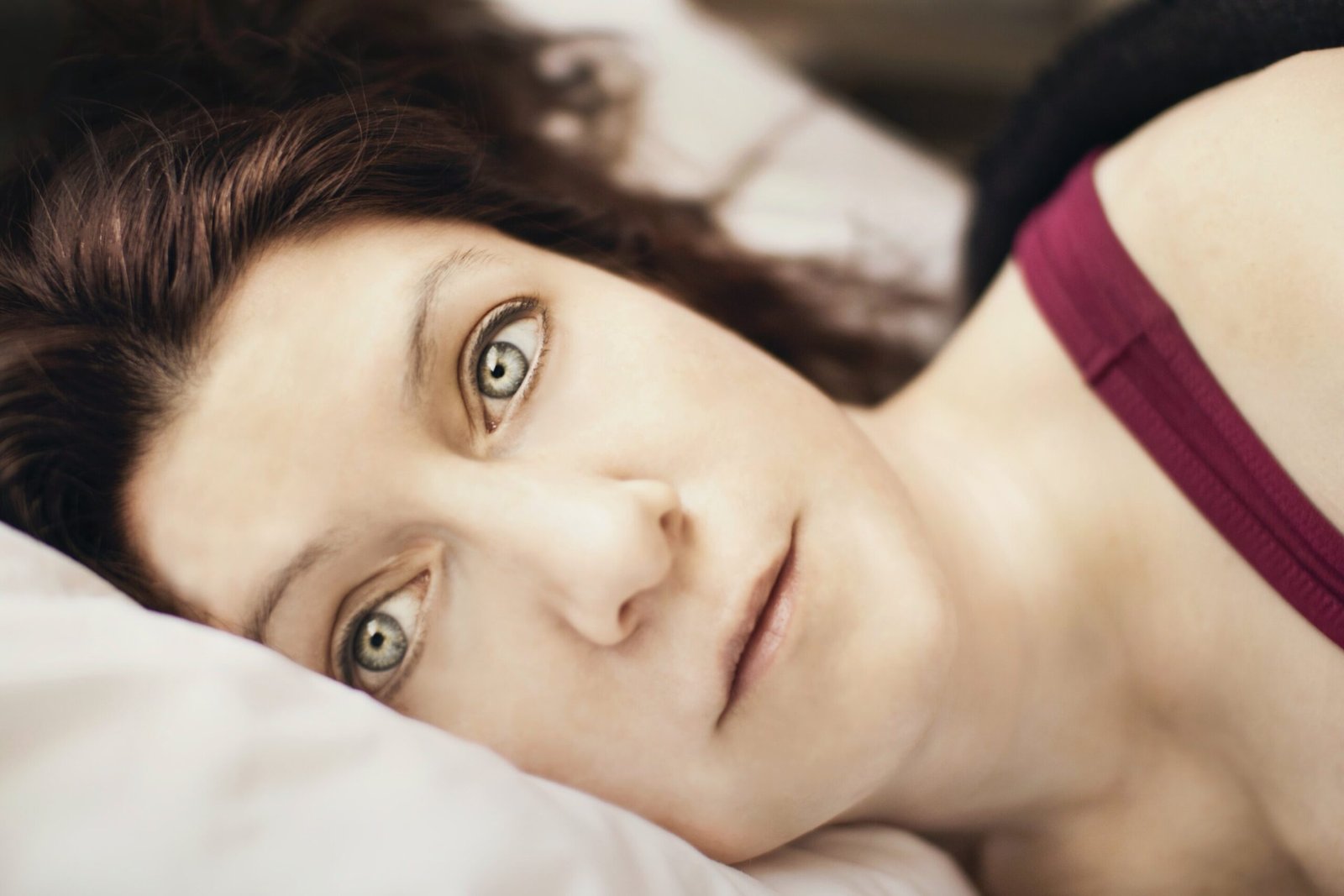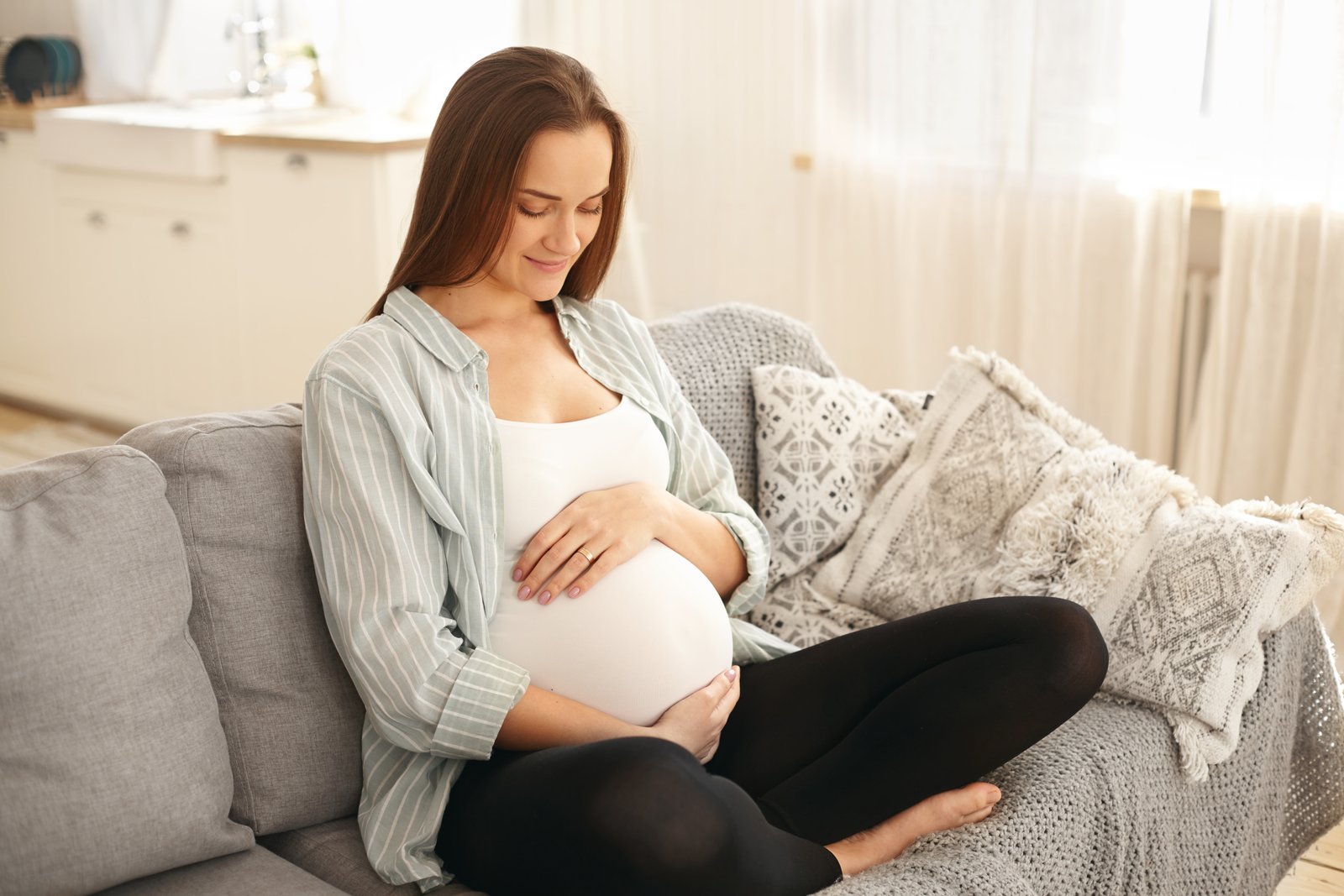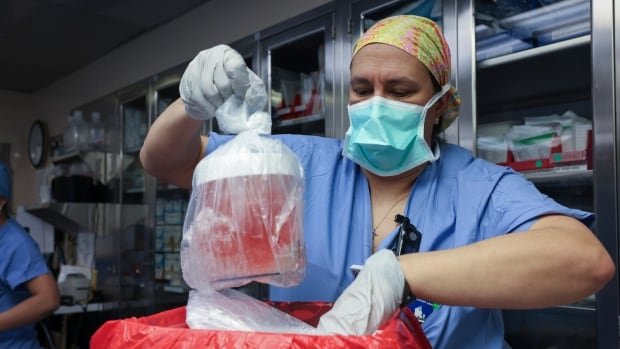Although most patients diagnosed with COVID-19 will quickly recover, some people experience symptoms that linger well after they start testing negative again—including insomnia. Scientists already knew that insomnia was common in patients who had to be hospitalized, but a team of scientists led by Dr. Huong T. X. Hoang of Phenikaa University, Vietnam began to wonder if mild infections might also affect sleep quality.
“As a sleep researcher, I received many questions and complaints from relatives, friends, and colleagues about their sleep disturbances after recovering from COVID-19,” said Hoang, lead author of the article published in Frontiers in Public Health.
“I found that the majority of papers focused on hospitalized patients. The environment of their treatment and quarantine would differ greatly from those with milder symptoms.”

Linking sickness and sleeplessness
Using Vietnam’s official network of COVID-19 survivors, the scientists recruited 1,056 people over the age of 18 who had been diagnosed with COVID-19 but not hospitalized in the last six months, and who reported no history of insomnia or psychiatric conditions. They sent out a survey to these people for completion between June and September 2022.
The survey asked about sociodemographic characteristics like age, sex, and chronic conditions, and the duration and severity of patients’ COVID-19 infection. It also measured symptoms of anxiety, stress, and depression experienced by patients.
To investigate levels of insomnia, patients were asked to compare how well they slept, how long they slept, and how easy it was to fall asleep in the last two weeks, compared to before contracting COVID-19.
76% of patients report insomnia
76.1% of participants reported experiencing insomnia: 22.8% of these people reported severe insomnia. Half the participants said they woke more often in the night, while a third said that they found it harder to fall asleep, slept worse, and slept for less time.
The severity of their initial infection didn’t seem to correlate with the severity of the insomnia they experienced. Although asymptomatic COVID-19 patients scored lower on the insomnia index, the difference was not statistically significant.
“If you experience insomnia after COVID-19, don’t think that is normal,” said Hoang.
“If insomnia does not bother you much, you can take some simple actions, such as: taking a warm shower before bedtime, shutting your phone down at least one hour before going to bed, doing 30 minutes of exercise per day, and avoiding caffeine after 4 pm. In case insomnia really troubles you, you can try some over-the-counter sleep aids. If they don’t help, go to see a sleep therapist.”
Two groups of people did have statistically significant higher rates of insomnia. These were people who had a pre-existing chronic condition, and people who scored highly for depressive or anxious symptoms. Both groups developed insomnia at a higher rate than their peers. When the scientists looked at those patients who reported insomnia, their depression and anxiety scores were higher than the average scores of the entire sample.
However, these illnesses are not completely independent of each other. Insomnia can worsen mental and physical health, as well as being driven by poorer mental and physical health.
More information:
Huong Thi Xuan Hoang et al, Sleep quality among non-hospitalized COVID-19 survivors: a national cross-sectional study, Frontiers in Public Health (2023). DOI: 10.3389/fpubh.2023.1281012
Citation:
Study finds mild COVID-19 infections make insomnia more likely, especially in people with anxiety or depression (2024, February 5)
retrieved 5 February 2024
from https://medicalxpress.com/news/2024-02-mild-covid-infections-insomnia-people.html
This document is subject to copyright. Apart from any fair dealing for the purpose of private study or research, no
part may be reproduced without the written permission. The content is provided for information purposes only.









